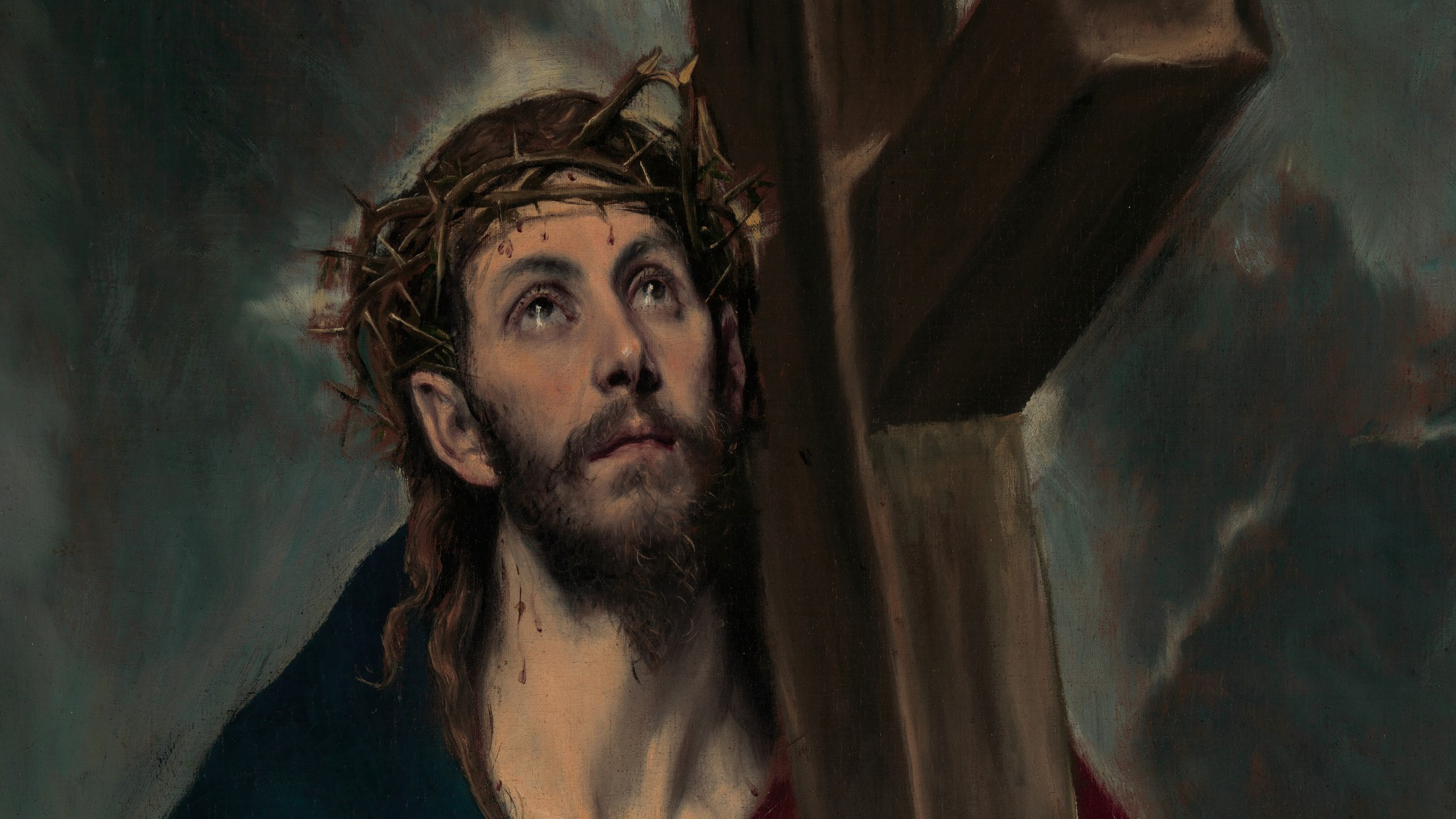Sooner or later, love is tested by sacrifice. Indeed, one could say that sacrifice lies at the heart of love. To love is not only to will the good of the other, but also to be willing to take action to bring about the good of the other, and such action often requires sacrifice of some sort. This is why James draws a distinction in his letter between merely willing the good of another and actually doing something to help bring about that good: “If a brother or sister is poorly clothed and in lack of daily food, and one of you says to them, ‘Go in peace, be warmed and filled,’ without giving them the things needed for the body, what does it profit?” (James 2:15-16). Sacrifice lies at the heart of love because love is all about the gift of self, and one of the best (but also one of the most difficult) ways to give the gift of self to another is to be willing to sacrifice for the sake of their good.
Unfortunately, we live in a society that increasingly devalues and sometimes even ridicules sacrifice, unless it is a “sacrifice” made in the pursuit of self-centered goals. Our mainstream culture understands, values, and even admires personal “sacrifices” made for the sake of increased wealth, career advancement, a chiseled physique, etc. But self-sacrifice voluntarily undertaken for the sake of the good of others? Not so much. People who choose to risk their lives to protect the safety of others as police officers; people who join the military out of a desire to serve their country; parents who forego a higher income in order to have one parent stay home full-time to raise their children, or even people who choose to take on the responsibilities, the expense, etc., of having children at all—none of these sacrifices tend to be respected or valued very much by our mainstream culture these days.
To find your life, you must indeed first lose it (see Luke 17:33).
This growing devaluation of self-sacrifice for the sake of others is of course detrimental, both to society as a whole and to the individual members of society. No culture, no society, no human community of any sort can survive and thrive in the long run without at least some members who are willing to sacrifice for the good of the group. At the level of individual persons, self-sacrifice helps to transform us into better, more virtuous people who are not so heavily focused on selfish goals as to be indifferent to the well-being of others. Unfortunately, virtue is not very highly valued by contemporary society either. But it should be, even from a purely secular viewpoint, because virtuous citizens tend to make for a more peaceful, stable society, if nothing else.
As Catholics, we have more profound reasons to value sacrifice and to be willing to make sacrifices for the sake of others. The etymology of the word “sacrifice” yields a crucial insight here. The English word “sacrifice” is derived from the Latin phrase sacrum facere, which means “to make holy.” Sacrifice makes holy. When we sacrifice for the sake of another person or for God, that sacrifice makes us holy. But what does it mean to be “holy”? To be holy is to be like God. A sacrifice made for the sake of love makes us holy, makes us more like God, because God is self-sacrificing, self-giving love. That is one of the reasons why God exhorts us, “Be holy, for I am holy” (Leviticus 11:44-45, 19:2, 20:7; 1 Peter 1:16): the more fully we enter into the dynamic of self-sacrificial love in this life, the more like God we become, and thus the more deeply we will be able to share in God’s divine life.

The fullness of being, the fullness of life, the divine life: these are all synonymous, and they all consist in one thing: giving. That can be hard for us to hear, and it can be hard for us to believe. Many of us are convinced that ultimate happiness is found in having, not giving, so we spend much, if not all, of our lives grabbing everything we can for ourselves. Having enriches us, but giving depletes us, we think. But it turns out that giving and having are not mutually exclusive. In fact, they turn out to be intimately interconnected. In one of the most beautiful paradoxes in the drama of love that is this life, giving actually leads to having. Having lies on the far side of giving. When we give, we end up having too. But the giving has to come first.
Until you learn to give deeply of your self, you will never know the deepest possible love.
Until you learn to give deeply of your self, you will never know the greatest possible happiness.
Until you learn to give deeply of your self, you will never know the deepest possible meaning and purpose in life.
Until you learn to give deeply of your self, you will never know the greatest possible freedom.
Until you learn to give deeply of your self, you will never know the greatest possible peace.
To find your life, you must indeed first lose it (see Luke 17:33): in the self-sacrificial gift of self, given in love. The pain and suffering you may temporarily experience as a result of sacrifices made for the sake of love are merely the pain that comes from the shattering of the protective shell with which you have surrounded your ego, the pain that comes with dying to your false self. On the far side of that pain and suffering lies your true self, God’s bright image of you as the deeply loving person God created you to be. On the far side of that pain and suffering lies the infinite bliss of the divine life and love.
